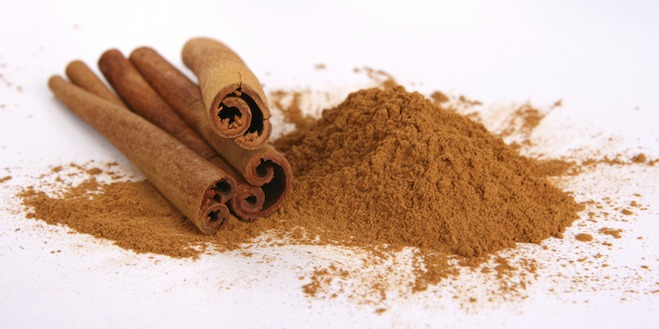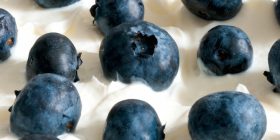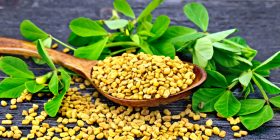We are all familiar with the more common ways of managing diabetes as discussed in many articles on this website: eating healthy, staying active, taking medications, managing stress, etc. To date, these remain the most effective ways of controlling blood sugar; but is there more that can be done such as taking supplements or natural health products?
What are Natural Health Products?
Natural Health Products include herbal medicine, vitamins, minerals and other essential nutrients, probiotics and many other naturally occurring substances. Researchers continue to investigate various alternative products for managing diabetes and recently there has been much discussion about whether cinnamon may be one of those natural health products that may benefit people with diabetes.
What is the role of cinnamon for people with diabetes?
When you think of cinnamon, it may trigger thoughts of tasty baked apples or a comforting and homey scent, but could there be more to it than that? Several studies have been done to investigate a potential role for cinnamon in the treatment of type 2 diabetes. It appears as if cinnamon is a flavourful solution for diabetes. An analysis of 10 of these studies, which included over 500 people with type 2 diabetes, revealed that those individuals taking between 120 mg and 6g of cinnamon each day for 4 to 18 weeks had a lower blood sugar level than those that did not take cinnamon. They also had lower total cholesterol, LDL cholesterol (bad cholesterol) and triglyceride levels, and an increase in HDL cholesterol (good cholesterol) levels; but there was no significant effect on the A1C levels. These studies also did not find any significant side effects with cinnamon use. But authors of the study warn that it may be too soon to recommend that people with diabetes start taking cinnamon to help manage their blood sugar. Because each of the studies used different doses of cinnamon and for a different length of time, the preferred amount and duration of treatment is not clear. Also, it isn’t known which individuals would benefit the most from taking cinnamon.
The advantages of cinnamon are that it’s low in cost, it’s relatively safe to use, and people like the way it tastes and smells, but the long-term effectiveness and safety are unknown at this time. Further studies will help us to better understand how cinnamon may play a role in diabetes control. However, as helpful as alternative products like cinnamon may turn out to be, they should not be considered as substitutes for a healthy diet and lifestyle. Nor are they intended to replace other diabetes medication. Remember that taking care of diabetes is a lifelong commitment to healthy eating, regular activity, and testing blood sugars and for some, taking medications.
What do the guidelines recommend?
The current Diabetes Canada guidelines state that there is insufficient evidence at this time to recommend any natural health products to control blood sugar levels. Trials tend to be of short duration and involve smaller sample sizes (the number of people studied). There are also concerns about the standardization and purity of natural products. But stay tuned, as further studies are conducted, we may soon find that cinnamon is more than just a fragrant spice.
Whether you are using cinnamon or another type of natural product to manage diabetes (or anything else for that matter), be sure to discuss it with your healthcare team. They will be able to advise you of any possible adverse effects with other medication or health issues you may have.
 Diabetes Care Community Learn, connect and care
Diabetes Care Community Learn, connect and care






